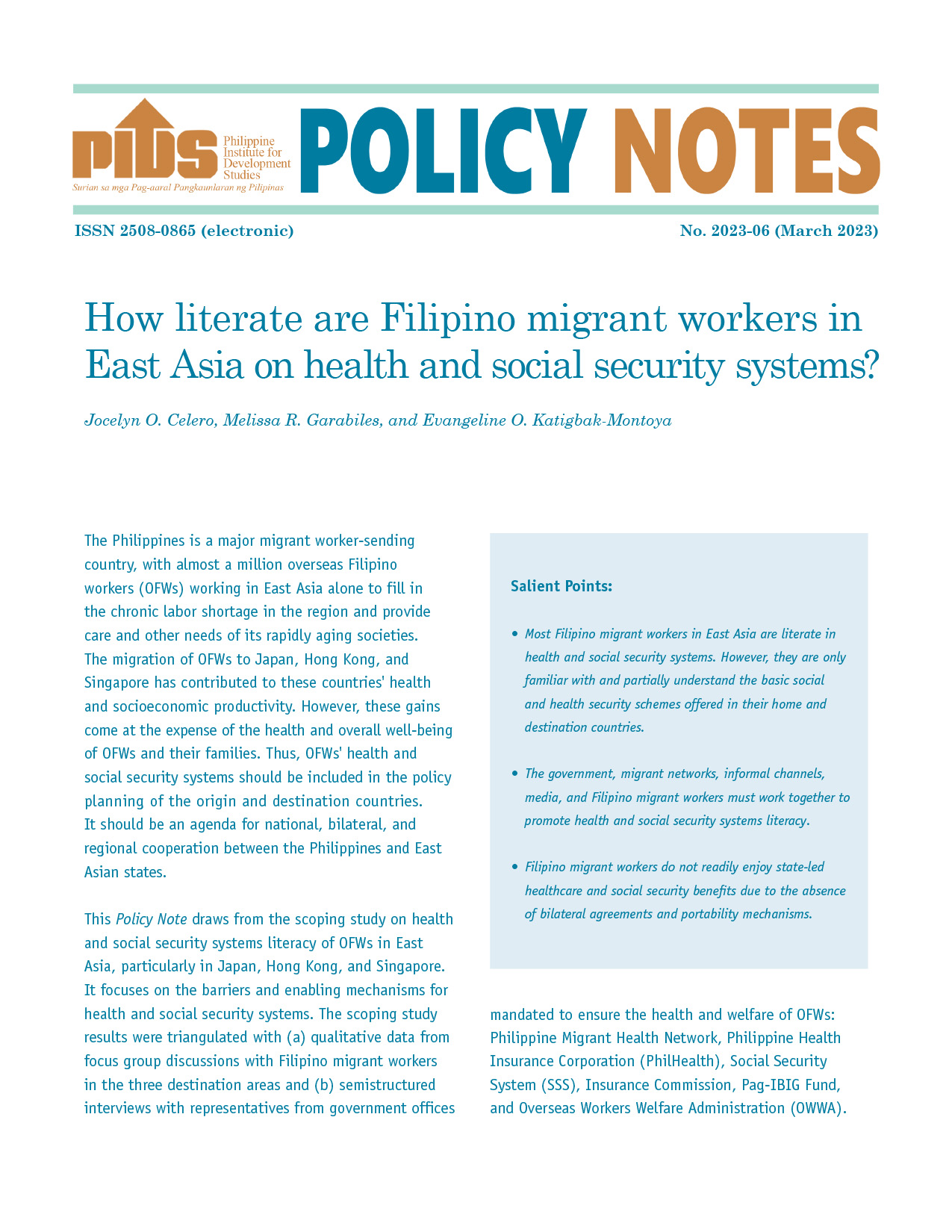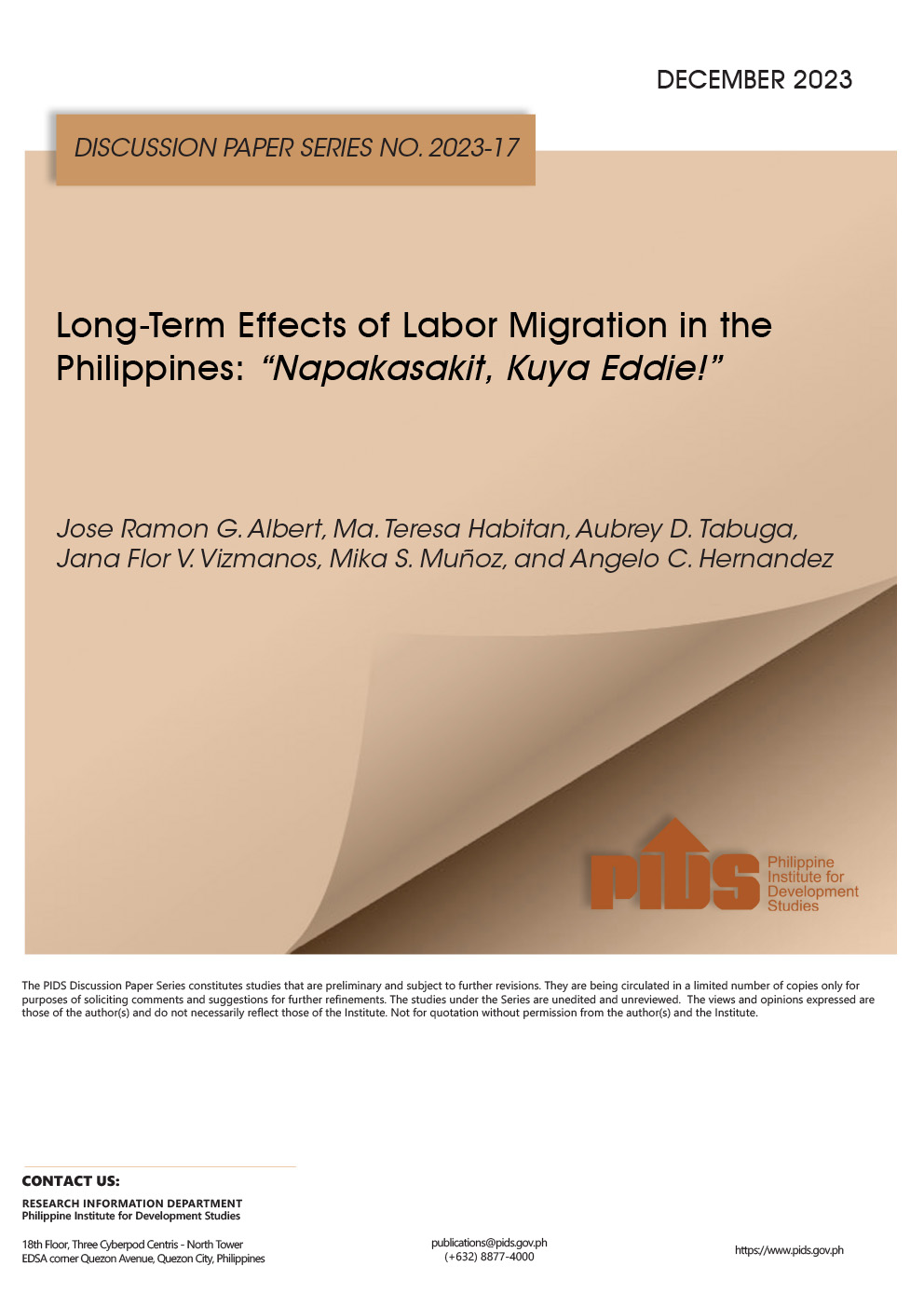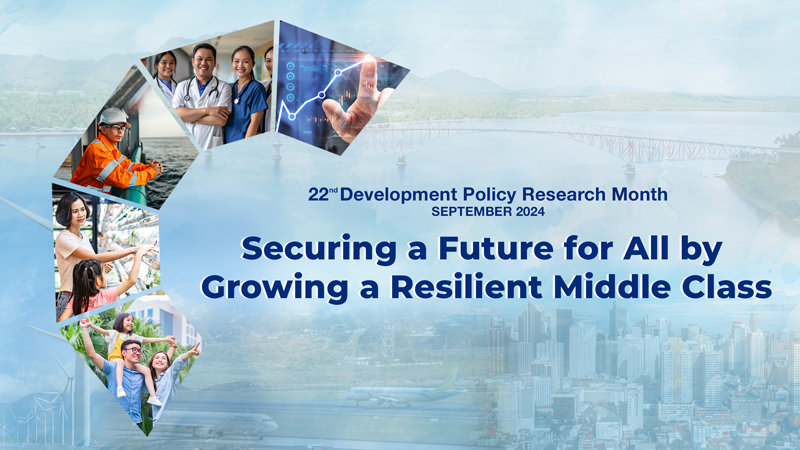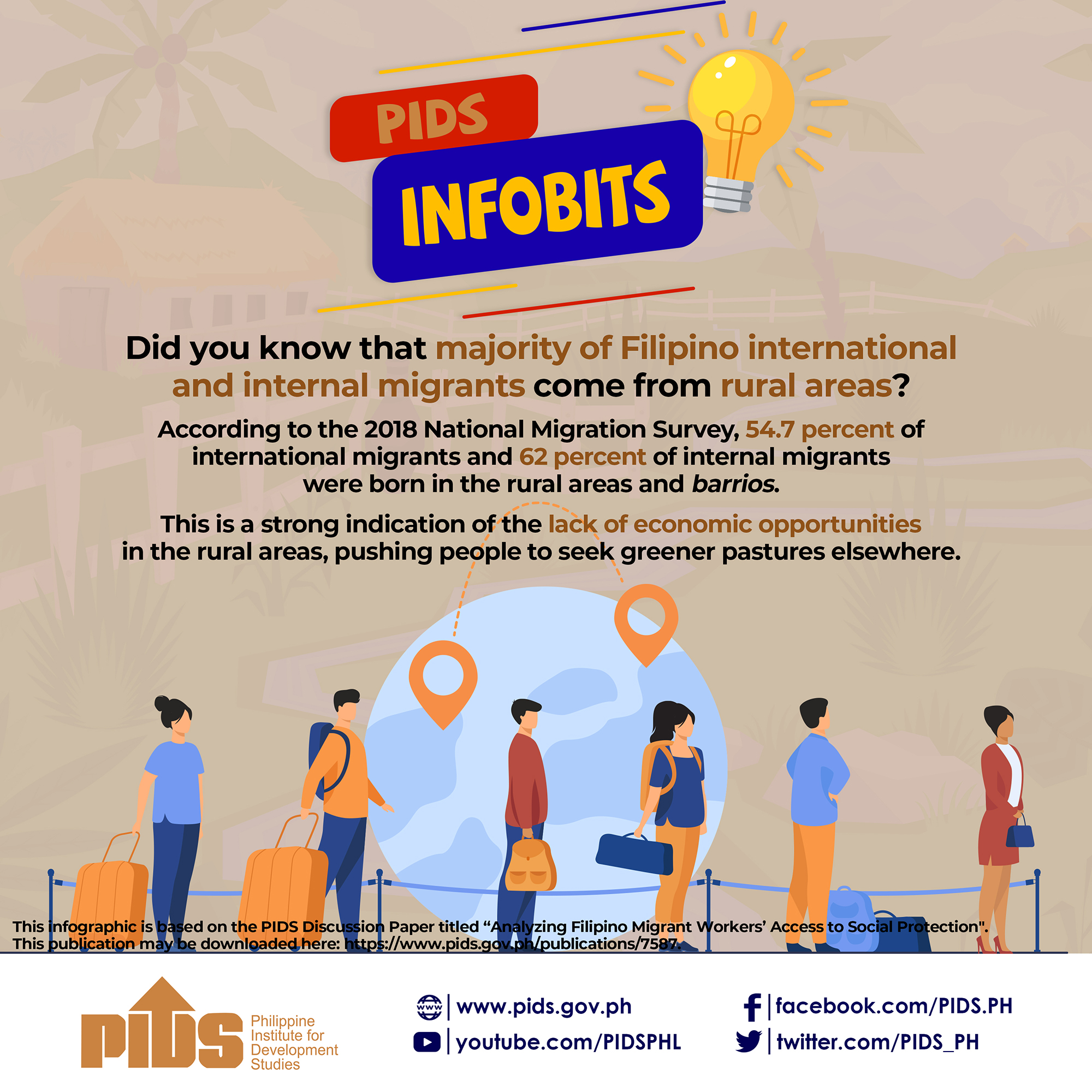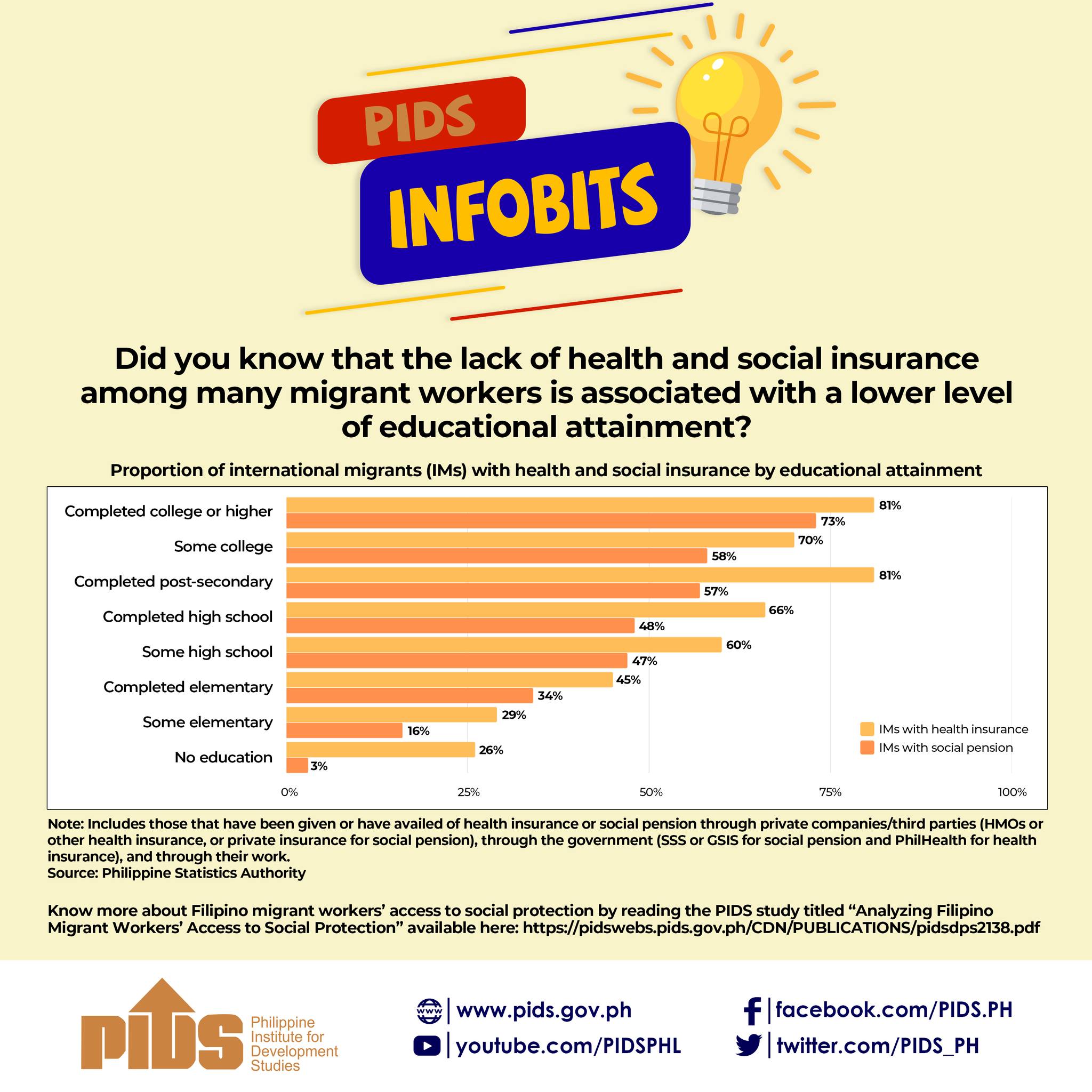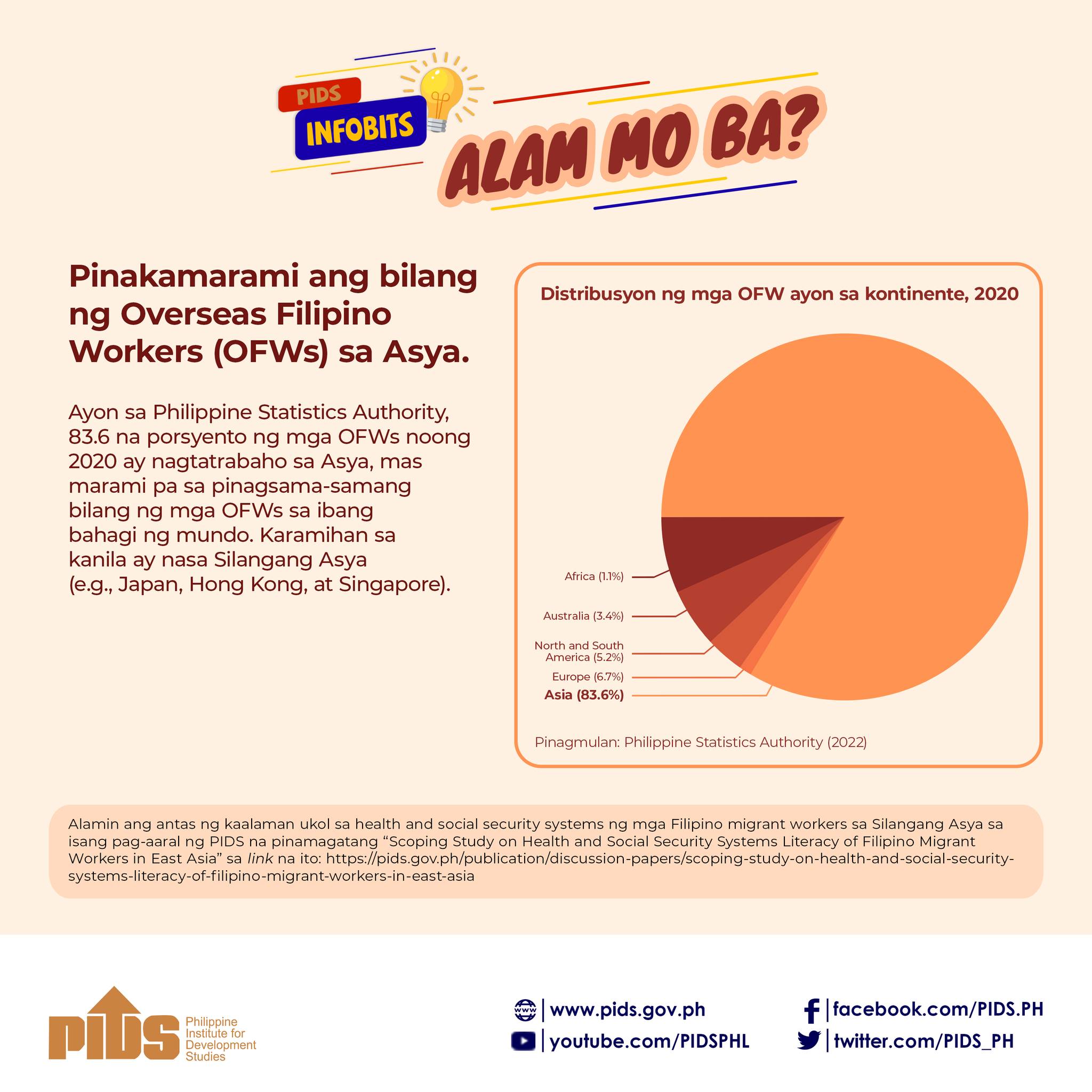"Do you know what it feels like to go through your first period, without your mom by your side? How it feels to literally have to teach yourself how to use a napkin?”
That was my mom speaking in front of 800 OFW dependents and families celebrating the World Migrant Workers Day in Iriga, Bicol on May 2010.
She surprised our lola who worked as a domestic helper in Hong Kong for 20 years to support her 10 children. I am no son of an OFW, but my mom, who was a daughter of one, had been working for the Overseas Workers Welfare Administration (OWWA) for as long as I can remember.
This is why the struggle of OFWs means a lot to me. (READ: HK domestic workers: A tribute to true heroes)
My mom was dedicated to her work and has a passion for helping OFWs. And growing up exposed to OFW stories of success and failure, I inevitably became passionate about it too.
But because of the way the media portrays them, or simply our susceptibility to "crab mentality," much of how we see OFWs and their children is wrong. I would've believed a lot of the misconceptions too if my mom hadn't educated me properly.
Myth 1: OFW children are all well-off and don’t know the value of money
The OFW life is simply not always as glittery as it seems, and no one else knows that better than their children. Contrary to what many people believe, nobody understands the value of money better than many of these children.
You may have seen some spoiled OFW children, I have too. But to simply generalize it as some sort of phenomenon is rather unfair. You don't have to be an OFW kid to be spoiled. (READ: Nurturing an investment mindset for OFWs)
Often, we see OFW children showered with the latest gadgets and video games. The rise of social media didn’t help either, where these kids could show off their new shiny phones and game consoles.
I’ve learned that it is not always the case though. Contrary to what other people believe, I’ve met a lot of OFWs who have salaries below US$400, barely more than what they could’ve earned doing the same job here in the Philippines. Deduct their expenses abroad, the cost of remittance and other charges, and they’re left with barely enough money for what their family needs.
Take my mom for example.
Having to raise 10 children as a single parent, our lola had to leave them to work as a domestic helper in Hong Kong. They didn’t have other relatives in Manila (they are originally from Bicol) so the 10 children had no choice but to take care of themselves.
Now tell me how the value of money wouldn’t be slapped on your face in that situation where you have no choice but to feed yourself, budget, and make adult decisions at such an early age.
Now of course, I understand that my mom’s experience isn’t really typical and doesn’t really apply to everyone. But the essence of it is simple: Life is about sacrifice.
Nothing comes free, and we always have to sacrifice something. The degree of the sacrifice varies, but the rule of thumb is simple: the higher the value, the bigger the sacrifice.
Myth #2: OFW children are materialistic
In 2012, I got the chance to encounter OFW children in Bicol. In an effort to reach out to OFW kids, OWWA region 5 organized a teambuilding and camp for their scholars. It was a time to bond and share stories for the kids.
It was the closest encounter I’ve had with them and realized they were just like any other kids.
They were happy, contented and proud of their parents — completely different from the way I’ve seen them in the movies.
A lot of them even excelled in studies, grew out to be great young leaders in their communities, lived comfortable lives studying in private schools with all the latest gadgets and all.
All these got me thinking that maybe those movies were just exaggerating the apparently hard lives of these kids.
Truth be told, many OFW children have better living conditions than other kids, but research by the Philippine Institute for Development Studies in 2008 shows that "OFW children put more premium on time and attention given to them by their parents,” especially for those between the ages of 13-16. At those ages, they are already assigned new responsibilities.
On the second night of the camp, we were all called in for a pajama session.
Just like in any other teambuilding, we already expected it was probably the part where they would try to make us cry — and the boys were all so sure that it would not happen to them (you know, man’s pride). My mom was the moderator, so it was kind of awkward and funny.
Before my mom started to talk, she had us watch a scene from the movie Anak — the part whereClaudine Barreto and Vilma Santos are fighting about whose fault it is that their family is all shrewed up.
The girls were so preoccupied watching, but the boys and I were just making jokes about it and were laughing in secret. At the end of the movie, she asked everyone to write letters to their parents abroad, while the song Anak played in the background.
It was too cheesy for me, and I started feeling really awkward.
I don’t have an OFW parent so I didn’t write a letter to anyone while everybody else did. The girls were already crying by the time they started writing, but the boys were obviously trying to fight their tears and joked around with me while writing. But they eventually gave in and cried.
All of their stories were heartbreaking, but one of them struck me hardest. It was the story of one of the boys — one of the jolliest in the group and the last one to cry. He told me that his father left before he was even born. He was already 17 then, but had only spent a total of 11 months with his father in his lifetime.
My heart was torn to pieces.
I know how it’s like to have no dad, and it’s torture. I can't imagine how much longing this kid feels to count every moment he got the chance to spend with his father, while many of us count the days before we could finally leave our parents and live by ourselves.
I can’t even imagine how my mom and her siblings felt when our lola left them for 20 years.
You can tell me that other people have it worse, that other people have no parents at all. I won’t argue with that, but you cannot take away the fact that these kids are facing an immense challenge.
There is no substitute for our parents’ care and guidance. Children don't just need money, but also emotional support.
I never understood what made my mom such a strong woman, but after listening to their stories — I get it now. So now I am writing this to remind myself that there is more to these children than meets the eye. — Rappler.com

